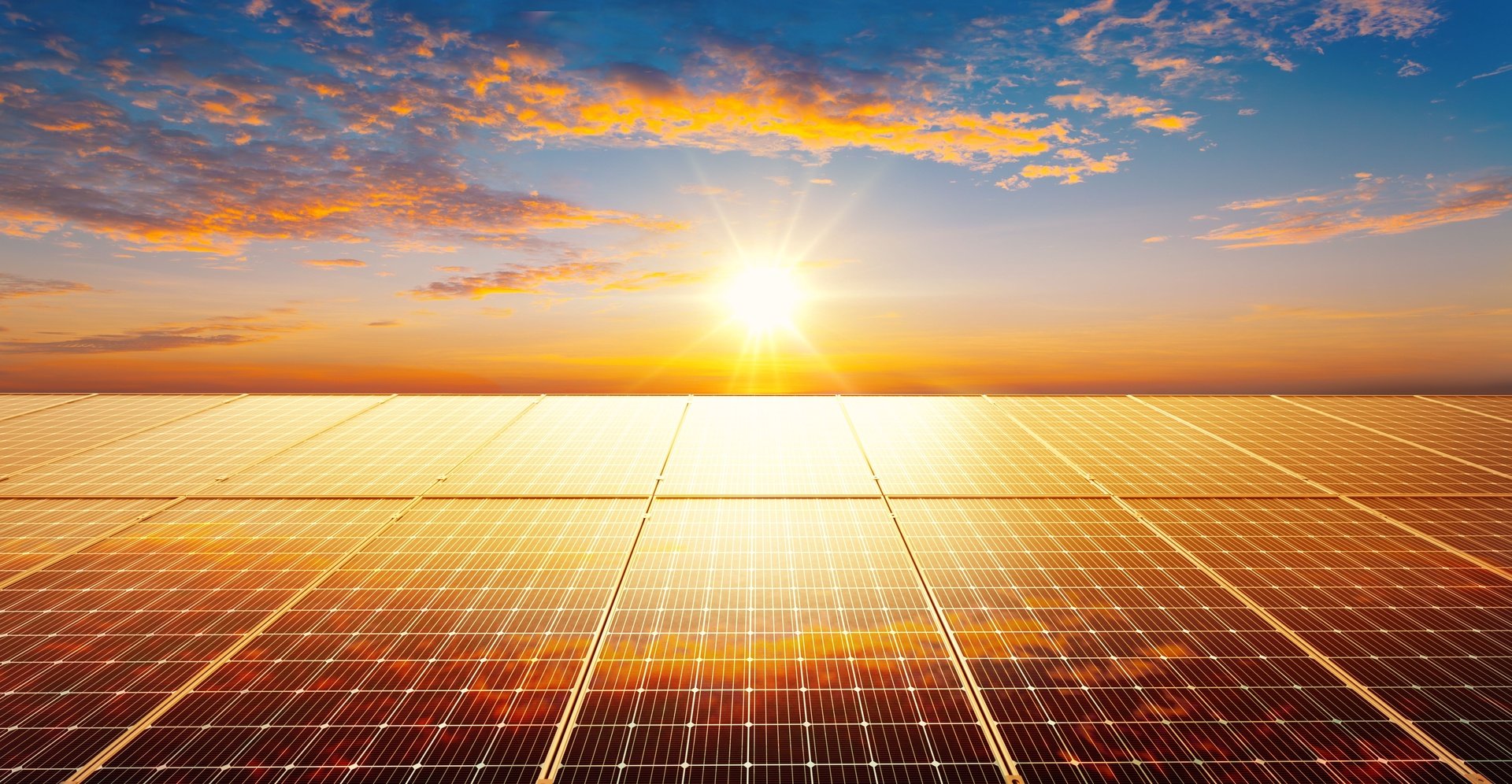The United States intends to adopt a new Africa Strategy designed to advance American and African prosperity, while at the same time issuing a blistering attack on the Belt & Road Initiative as "using bribes, opaque agreements and the strategic use of debt to hold states in Africa captive to Beijing's wishes and demands".
The strategy, outlined in a White House statement, revealed that the initiative will support open markets for American businesses, grow Africa's middle class, promote youth employment opportunities, and improve the business climate.
The statement added that supporting economic growth and development in Africa delivers mutual benefits to the United States and its partners in Africa. The new Africa Strategy will benefit Americans by creating jobs, expand exports from the United States, and increase reciprocity with its African trading partners. The President will use the African Growth and Opportunity Act (AGOA) to promote deeper trade ties and fair trade with sub-Saharan African states.
The official statement did not mention growing Chinese influence in Africa. However, when National Security Advisor John Bolton formally announced the administration's new Africa policy in a speech on 13 December at the Heritage Foundation in Washington, he hit out at both China and Russia. Bolton is well known as a foreign policy hardliner, and in particular advocates an aggressive stance towards both Russia and China.
The strategy is the result of an intensive interagency process, and reflects the core tenets of President Trump's foreign policy doctrine. Importantly, the strategy remains true to his central campaign promise to put the interests of the American people first, both at home and abroad, said Bolton.
Under the new approach, every decision made, every policy pursued, and every dollar of aid spent, will further US priorities in the region.
In particular, the strategy addresses three core US interests on the continent. The first is advancing US trade and commercial ties with nations across the region to the benefit of both the United States and Africa. The US wants its economic partners in the region to thrive, prosper, and control their own destinies. "In America's economic dealings, we ask only for reciprocity, never for subservience," he claimed.
The second goal is to counter the threat from Radical Islamic Terrorism and violent conflict.
And third, it is designed to ensure that US taxpayer dollars for aid are used efficiently and effectively. The United States will no longer provide indiscriminate assistance across the entire continent, without focus or prioritization. And it will no longer support what it views as unproductive, unsuccessful, and unaccountable UN peacekeeping missions.
In his speech, Bolton then turned to direct criticism of US rivals in the region.
"Great power competitors, namely China and Russia, are rapidly expanding their financial and political influence across Africa," he said. "They are deliberately and aggressively targeting their investments in the region to gain a competitive advantage over the United States."
From 2016-2017, China's foreign direct investment toward Africa totalled US$6.4 billion. And, over the past several years, China has devoted considerable state-directed and state-supported financing to projects in the region.
"China uses bribes, opaque agreements, and the strategic use of debt to hold states in Africa captive to Beijing's wishes and demands," Bolton claimed. "Its investment ventures are riddled with corruption, and do not meet the same environmental or ethical standards as US developmental programs."
Such predatory actions are sub-components of broader Chinese strategic initiatives, he stated, including One Belt One Road, which he described as a plan to develop a series of trade routes leading to and from China with the ultimate goal of advancing Chinese global dominance.
In Africa, the US says onlookers can witness the disturbing effects of China's quest to obtain more political, economic, and military power. The nation of Zambia, for example, is currently in debt to China to the tune of US$6 billion to US$10 billion. In order to comply with financial obligation agreed under an investment deal, China is now poised to take over Zambia's national power and utility company.
Similarly, from 2014 to 2016, Djibouti's external public debt-to-GDP ratio ballooned from 50% to 80%, with most of that debt owed to China.
Another bone of contention is China's first military base on African soil, which Beijing established in Djibouti in 2017, just a few miles from US base Camp Lemonnier. And soon, Djibouti may hand over control of the Doraleh Container Terminal, a strategically located shipping port on the Red Sea, to Chinese state-owned enterprises.
Should this occur, the balance of power in the Horn of Africa - astride one of the major arteries of maritime trade between Europe, the Middle East, and South Asia - would in the view of some analysts shift in favour of China. This power struggle is focused on the Strait of Bab el-Mandeb, considered by maritime analysts as one of the world's most important chokepoints for international shipping.
Bolton then turned his attention to Russia, which he says is also seeking to increase its influence in the region through corrupt economic dealings, advancing its political and economic relationships with little regard for the rule of law or accountable and transparent governance.
He warned that Russia continues to sell arms and energy in exchange for votes at the United Nation - votes that keep strongmen in power, undermine peace and security, and run counter to the best interests of the African people. Russia also continues to extract natural resources from the region solely for its own benefit.
"In short, the predatory practices pursued by China and Russia stunt economic growth in Africa, threaten the financial independence of African nations, inhibit opportunities for US investment, interfere with US military operations, and pose a significant threat to US national security interests," Bolton concluded.









